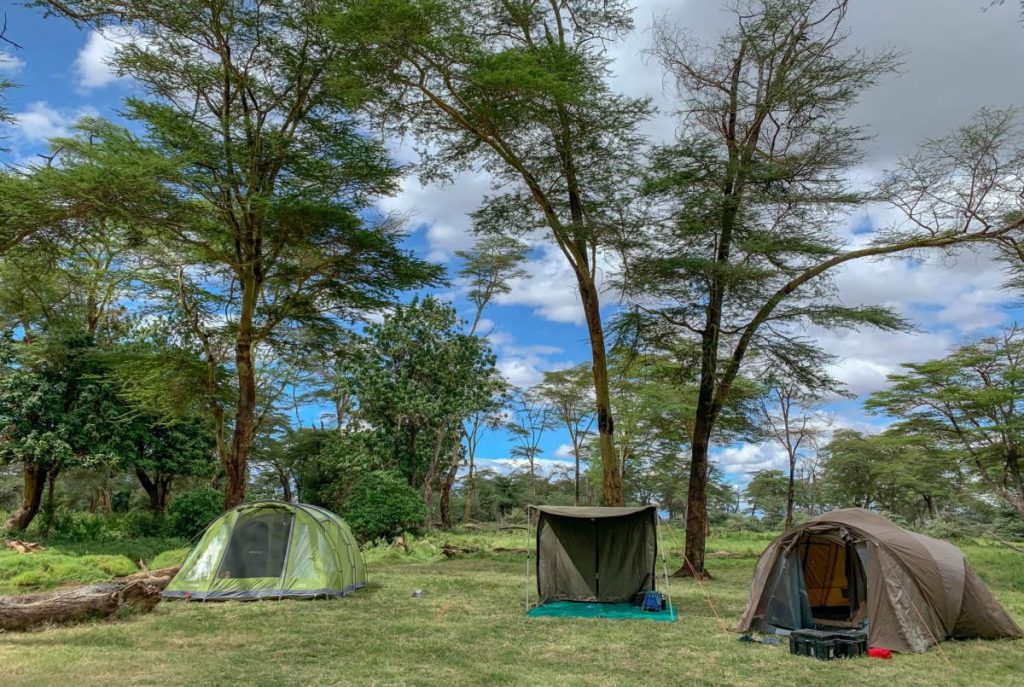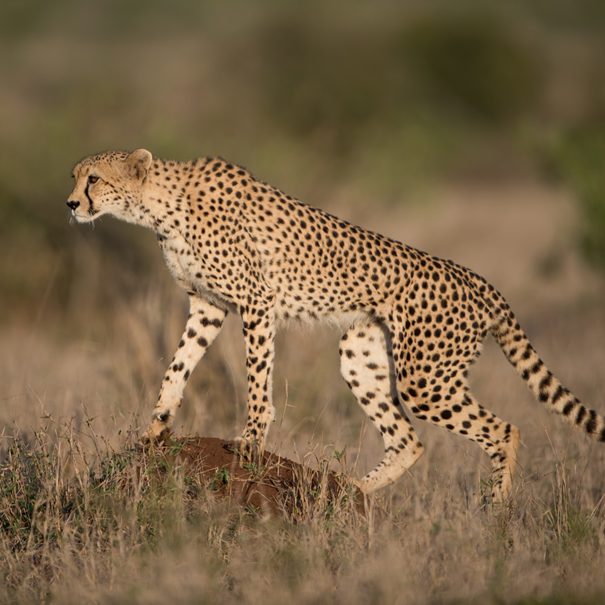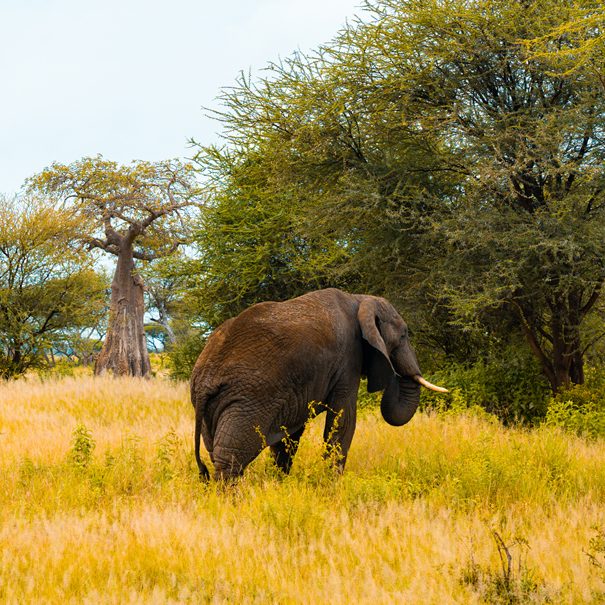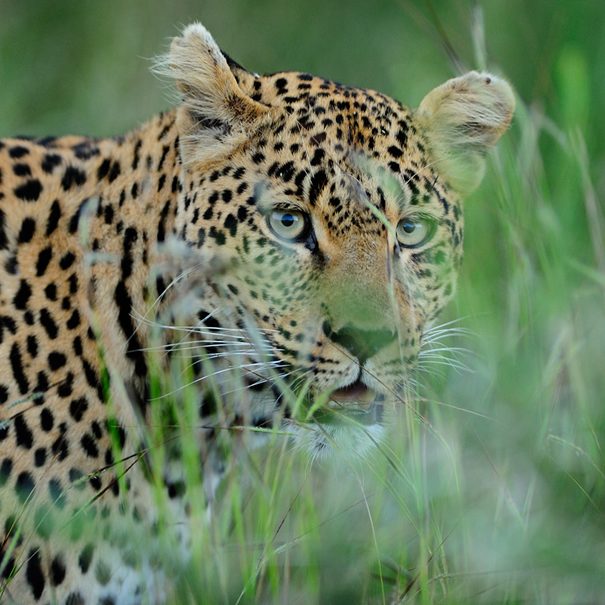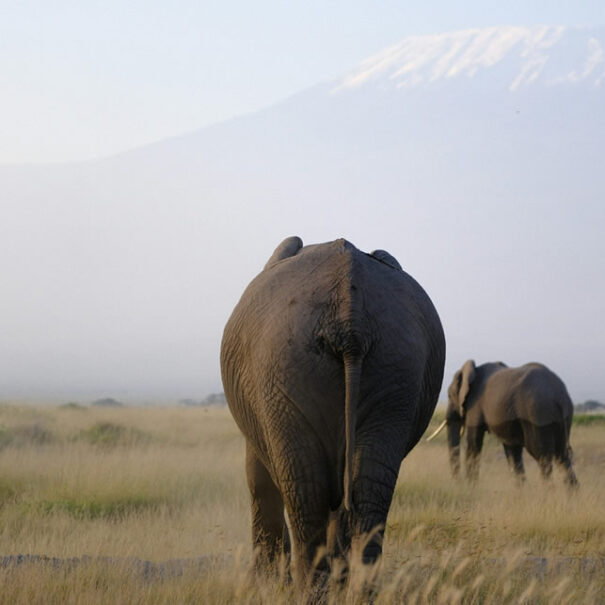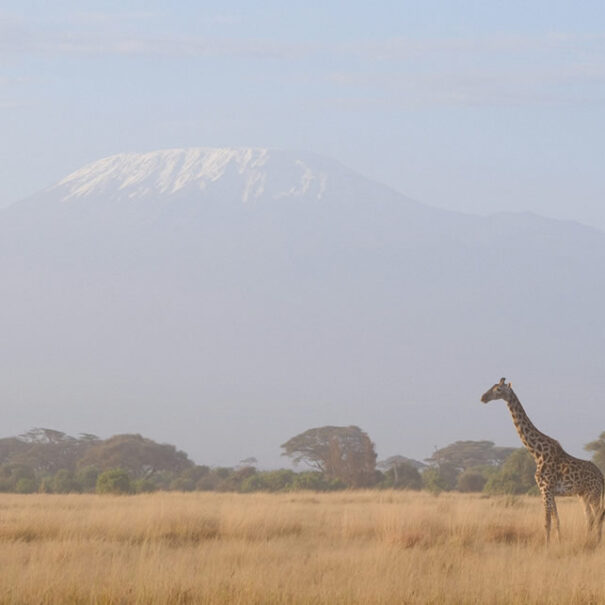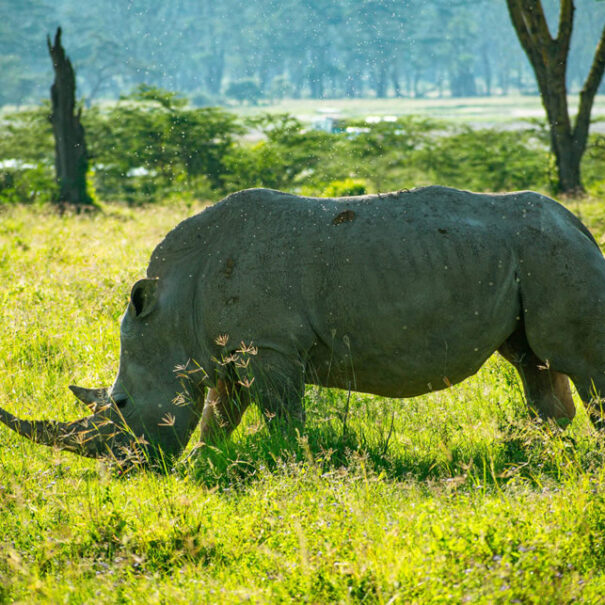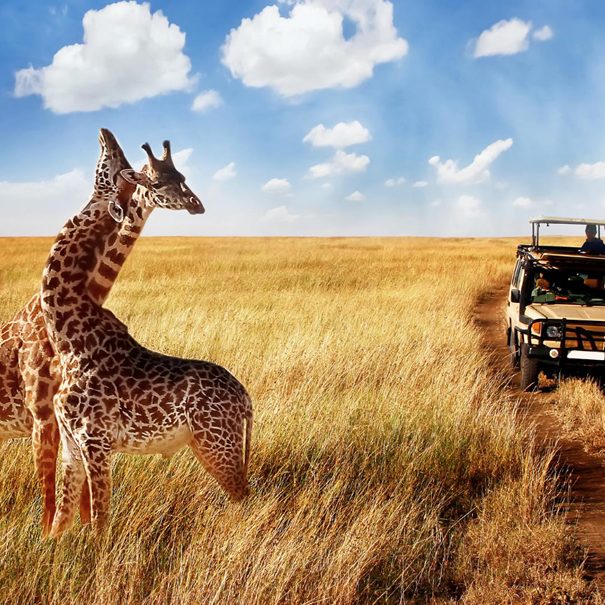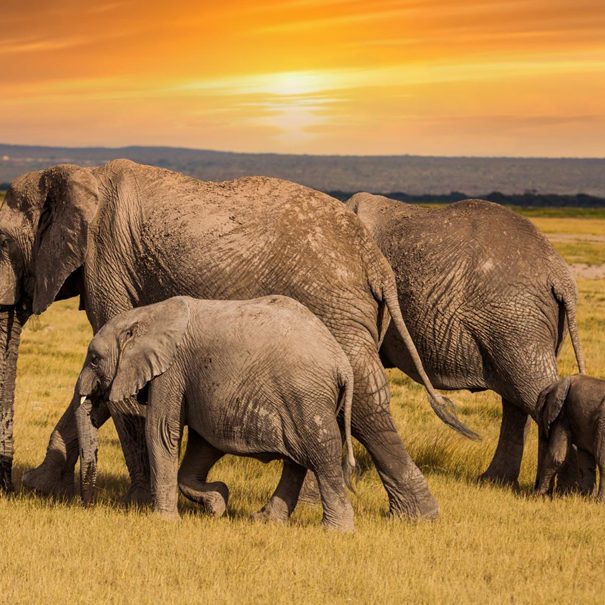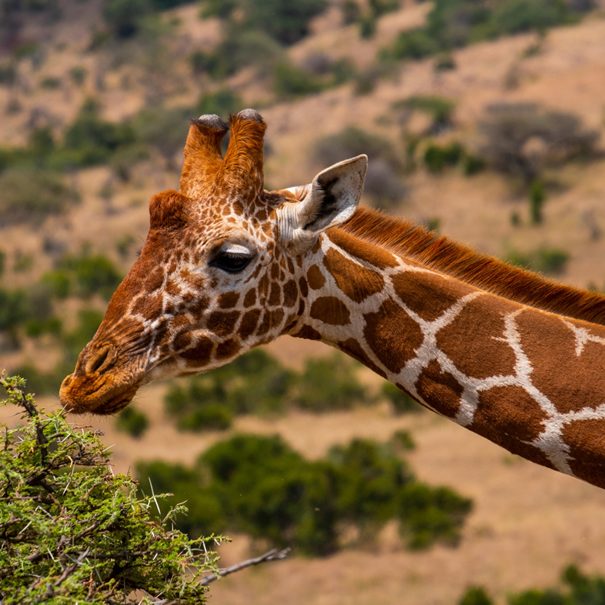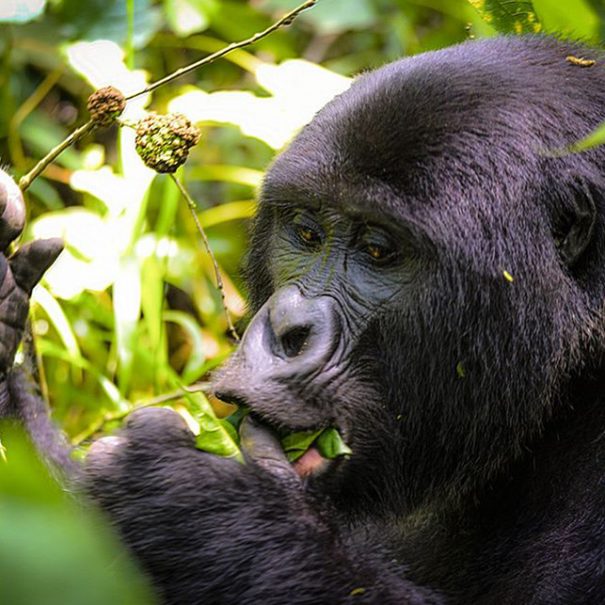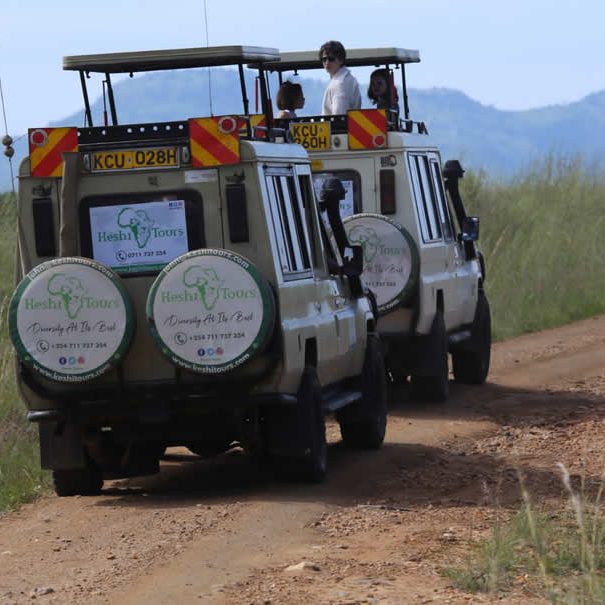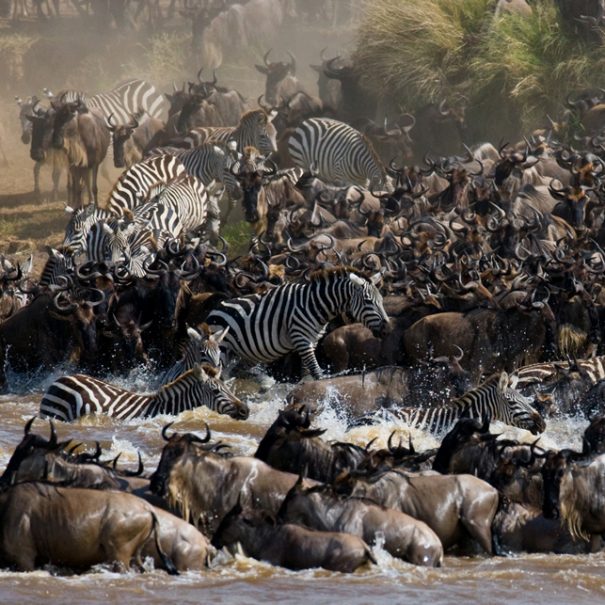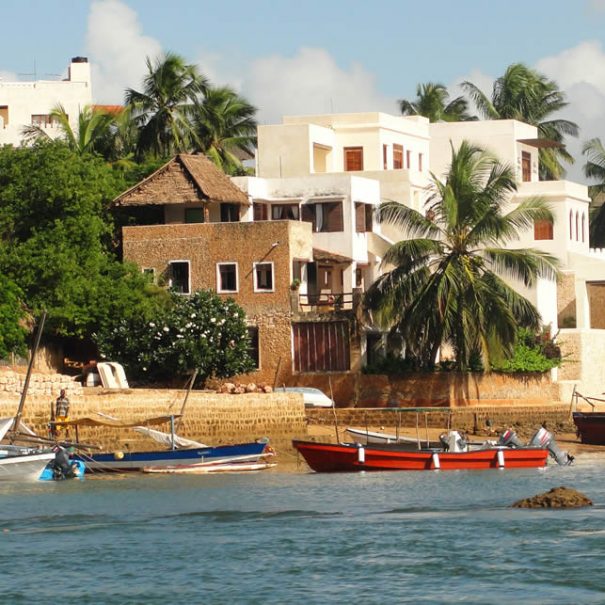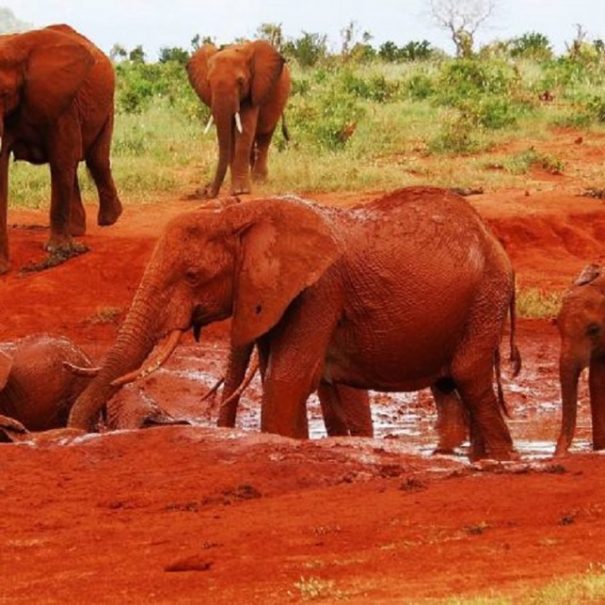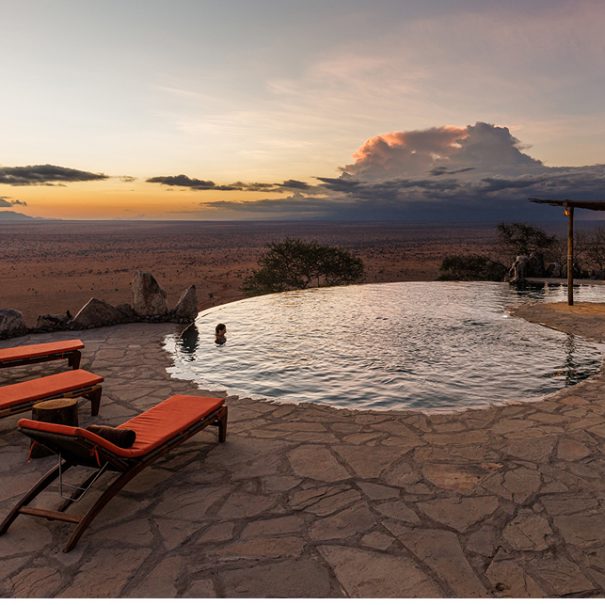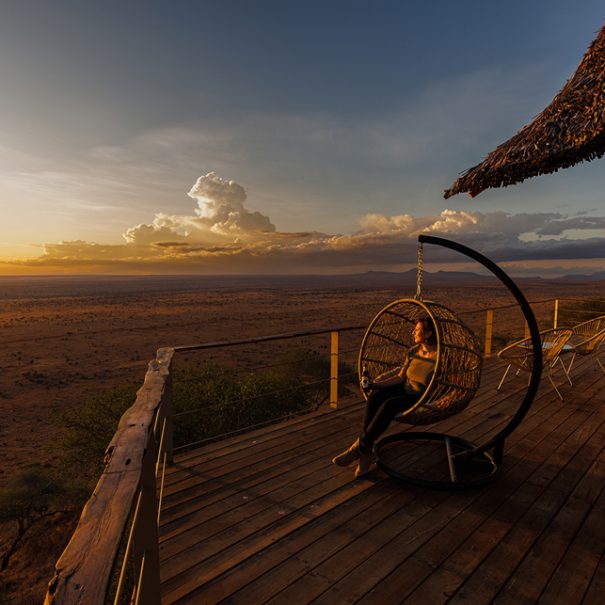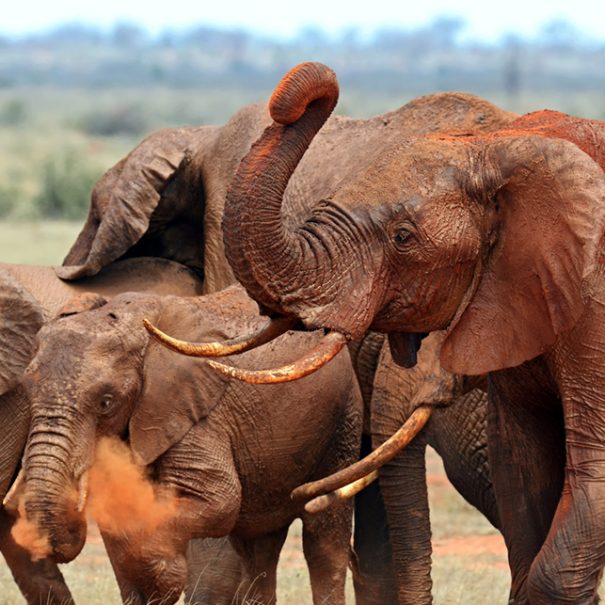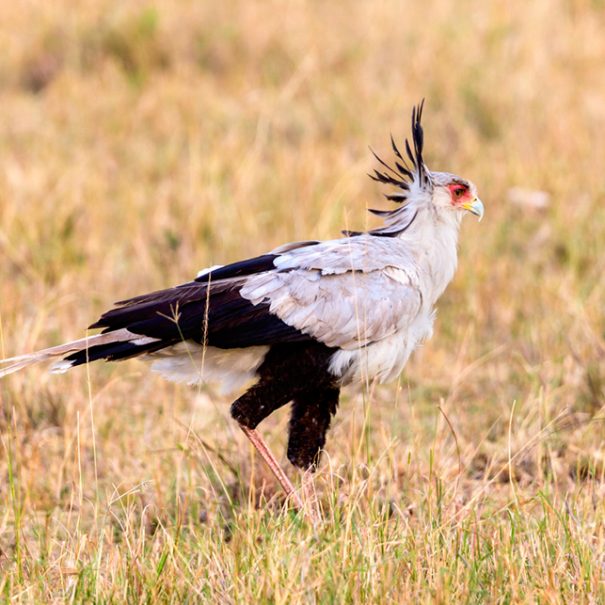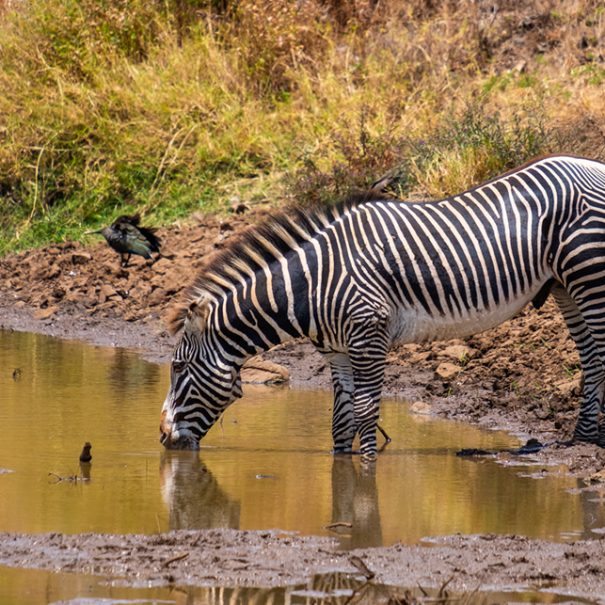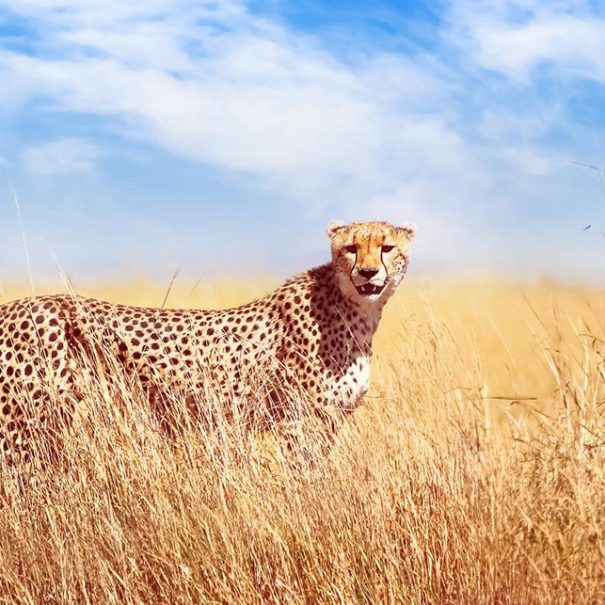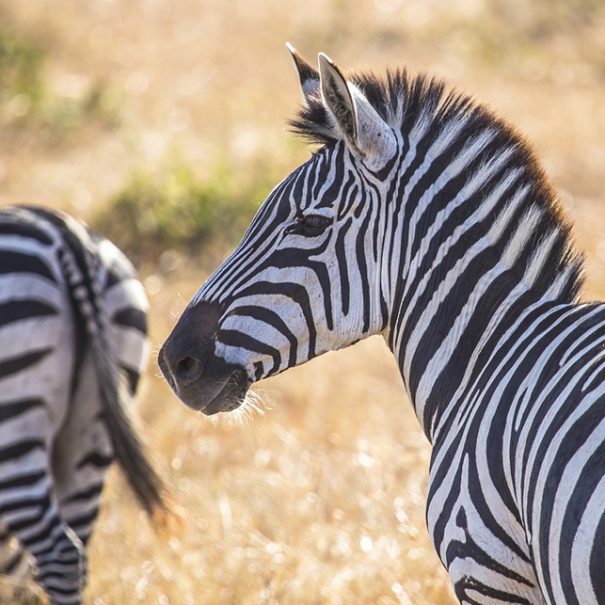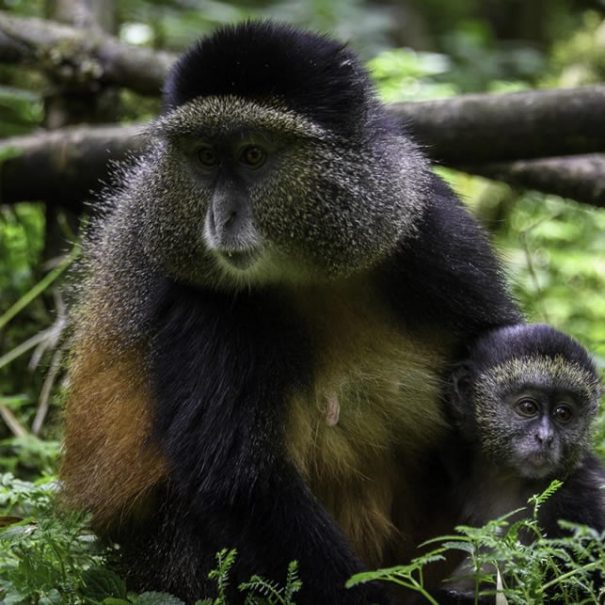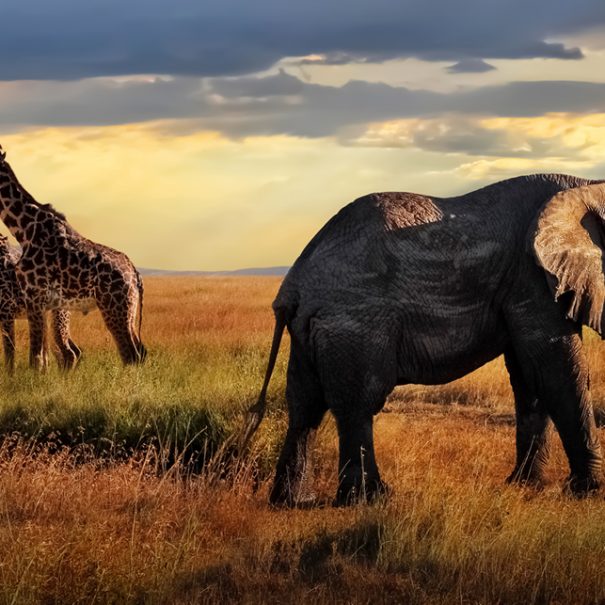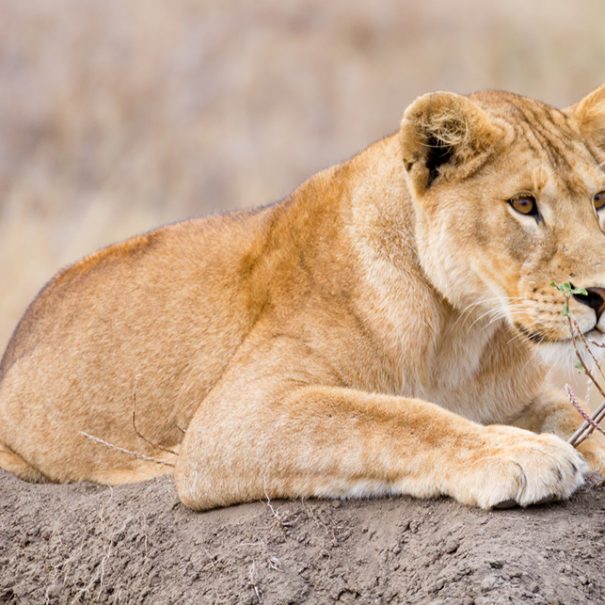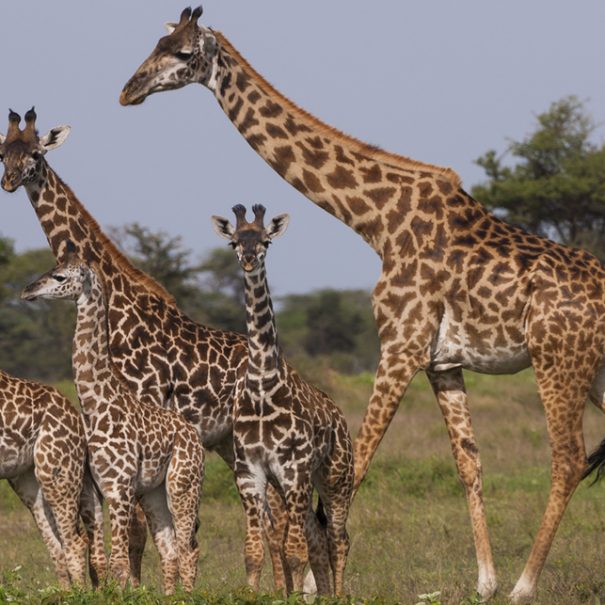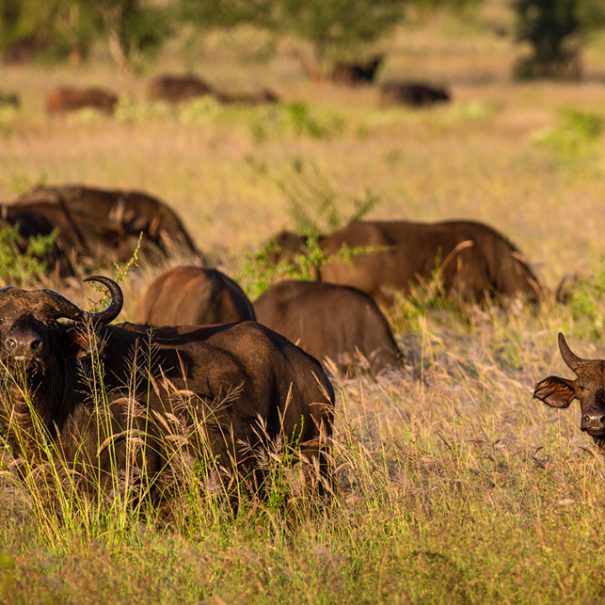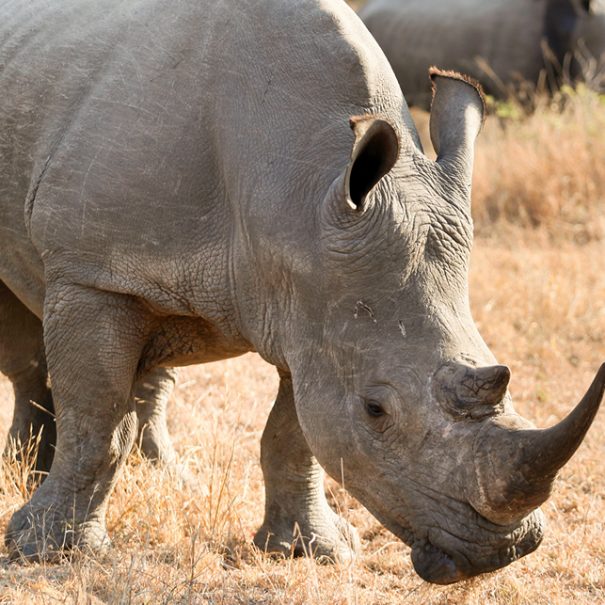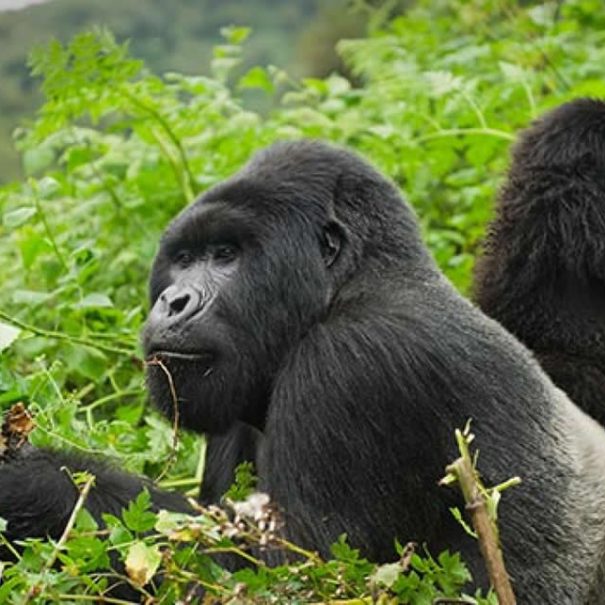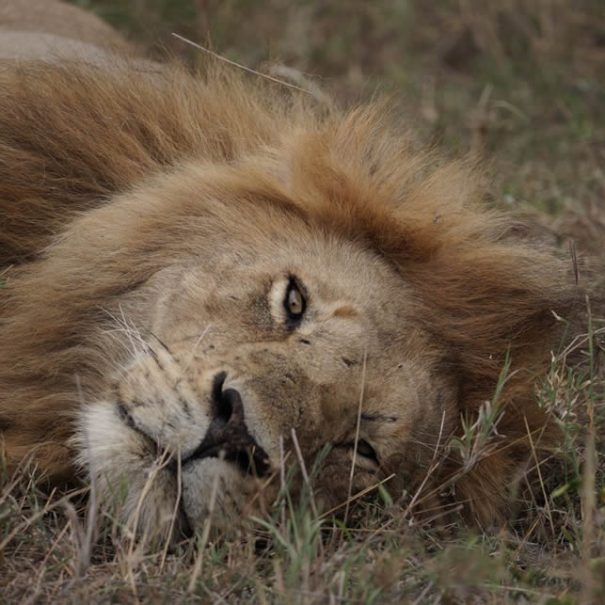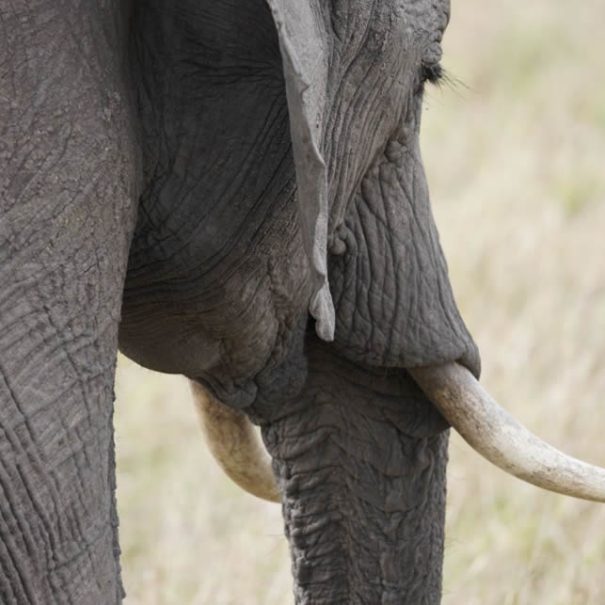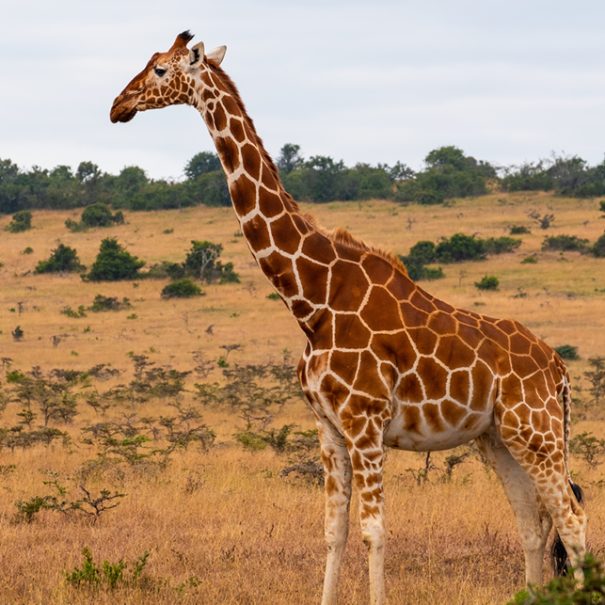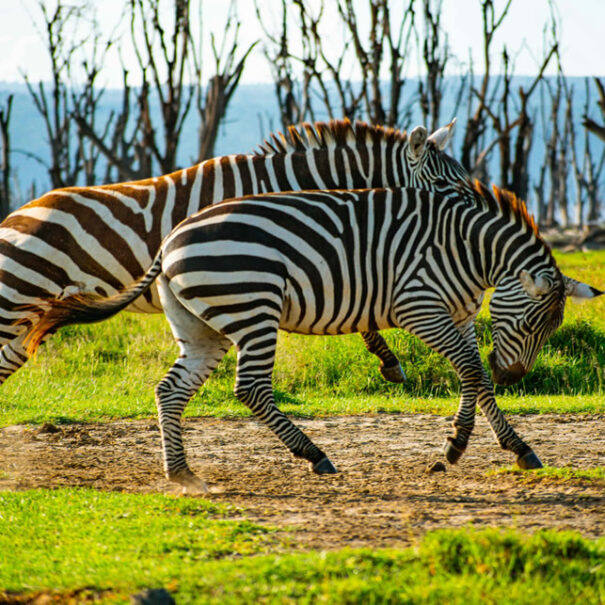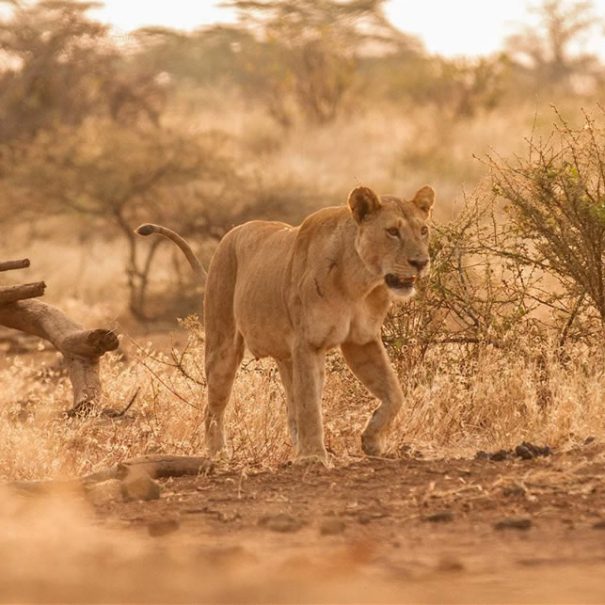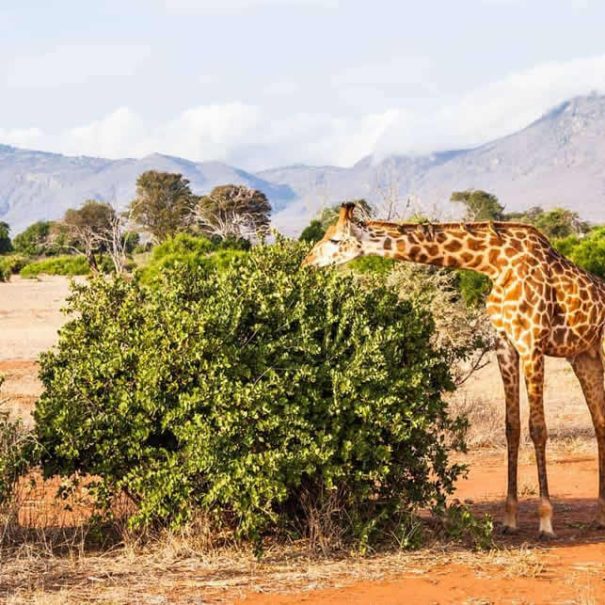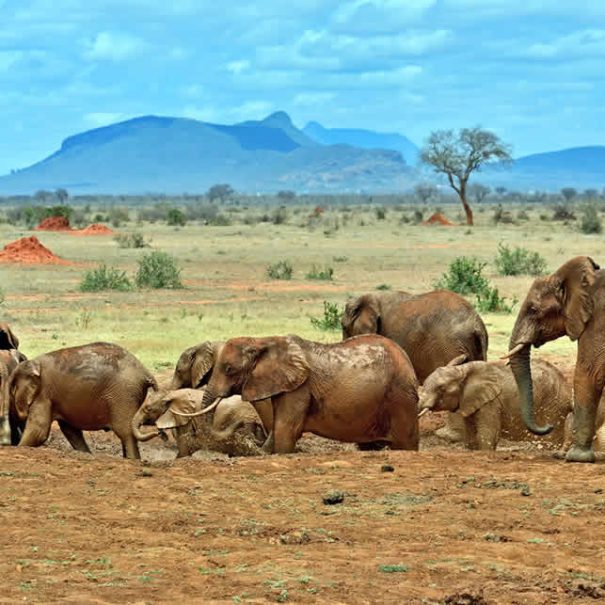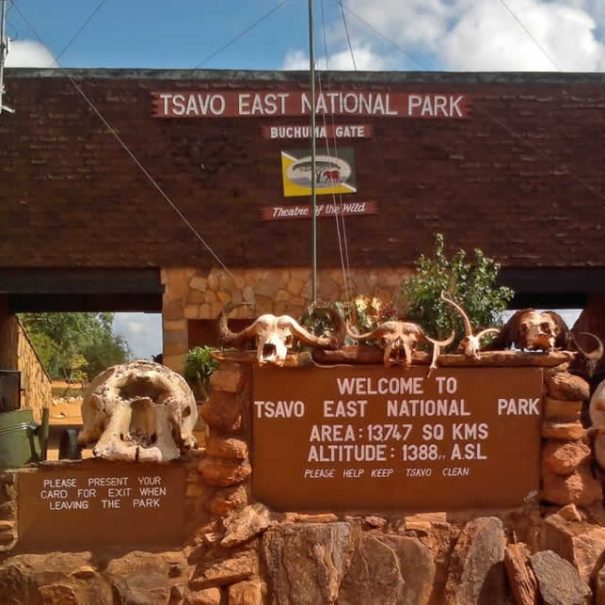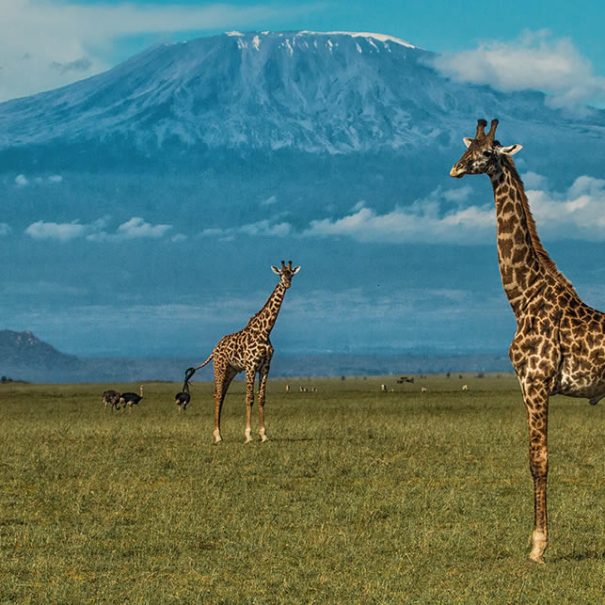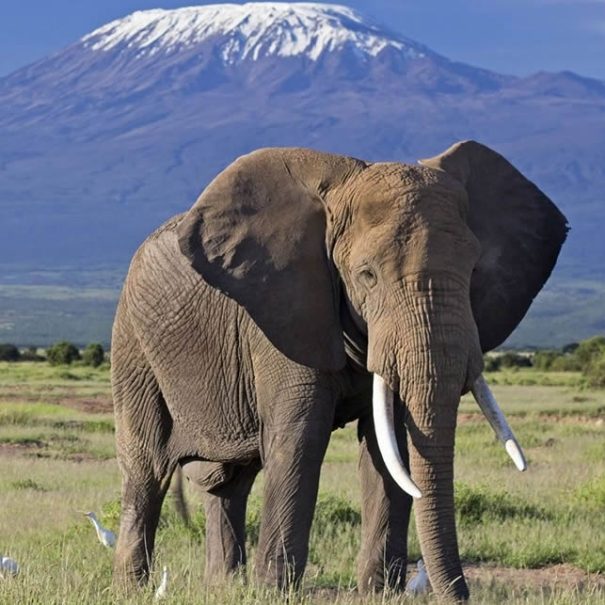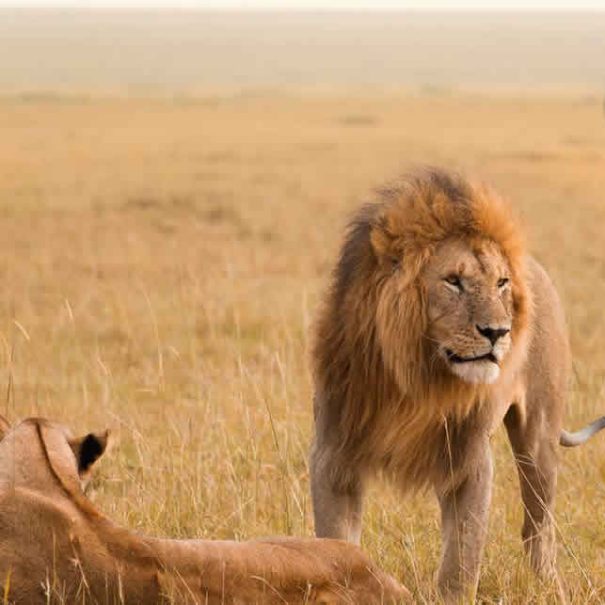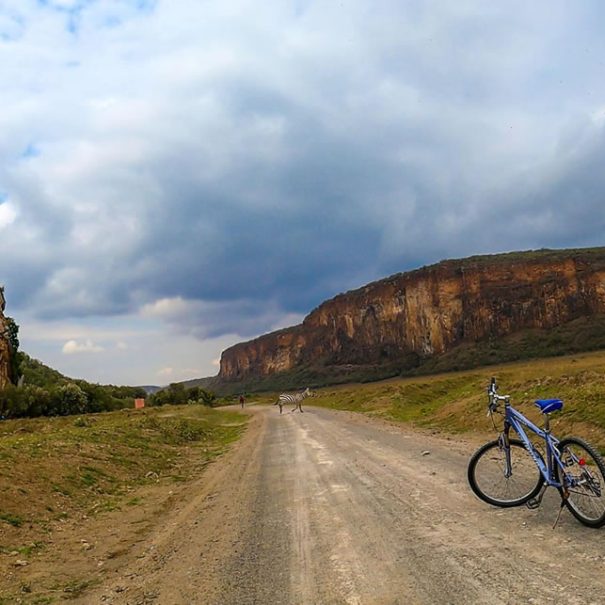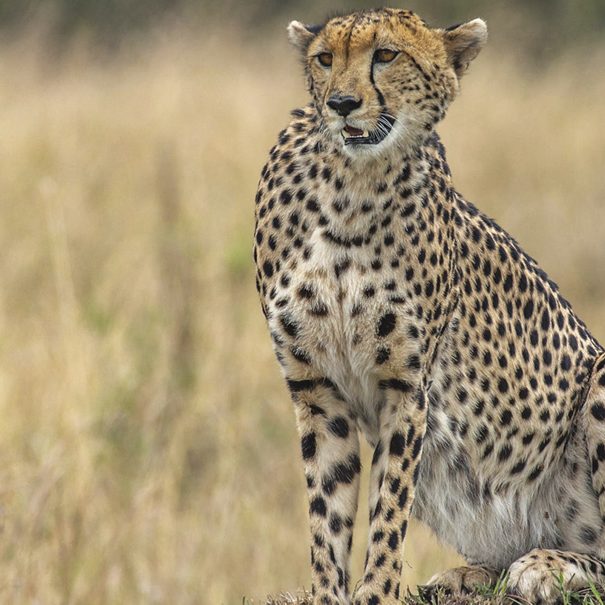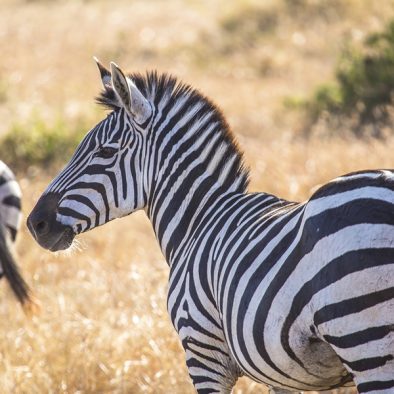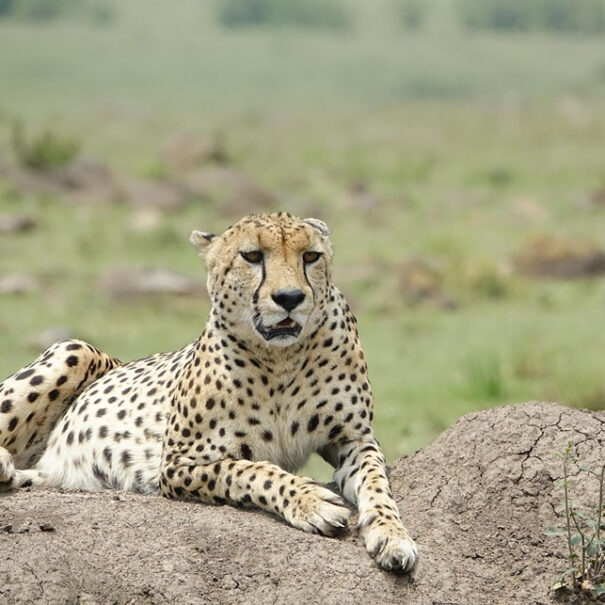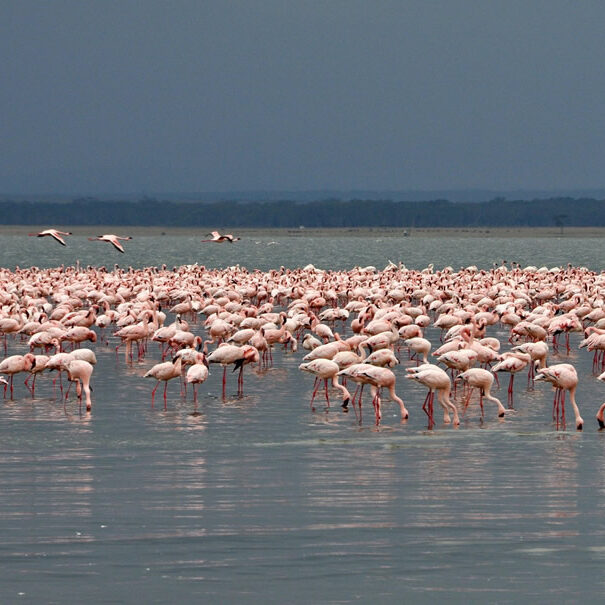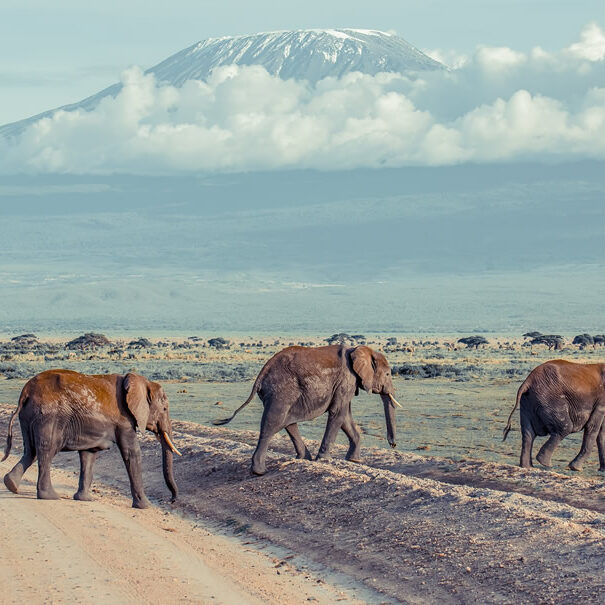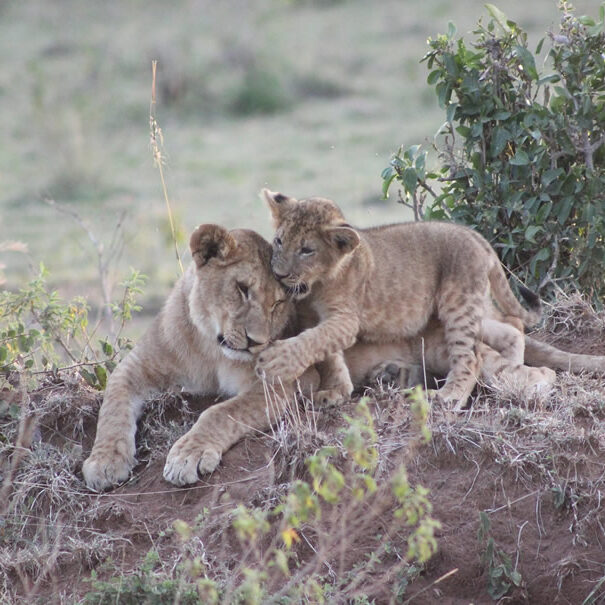Yes, camping is indeed permitted within the boundaries of Amboseli National Park, one of Kenya’s most iconic wildlife reserves. Famous for its large herds of elephants and stunning views of Mount Kilimanjaro, the park offers a unique and thrilling camping experience that immerses visitors in the heart of African wilderness. Camping in Amboseli allows travelers to experience the park in a raw, unfiltered way, closer to the rhythms of nature.
For adventurers who seek a deeper connection to the land, camping in Amboseli presents an incredible opportunity to explore beyond the typical game drive. With designated camping areas managed by the Kenya Wildlife Service (KWS), visitors can safely enjoy overnight stays while surrounded by breathtaking landscapes and diverse wildlife.
1. Kimana Public Campsite
The primary designated campsite inside Amboseli is the Kimana Public Campsite. It is located near the Kimana Gate, making it one of the most accessible camping locations within the park. The campsite lies approximately 200 meters from the KWS headquarters, offering both convenience and security to campers.
This site can host up to 60 campers at a time. It is open to both domestic and international tourists interested in camping in Amboseli within the park’s boundaries. As a public campsite, it operates under KWS guidelines, ensuring a level of safety and environmental protection.
Though it offers only basic facilities, Kimana is a popular choice for those who wish to camp while enjoying easy access to the park’s main attractions. Campers at Kimana can expect:
-
Toilet facilities
-
Bathroom areas
-
Running water (though limited)
-
An open layout suitable for tents
It is advisable for campers to come fully prepared, as the amenities are minimal and environmentally sustainable.
2. Special Campsites
Apart from the public option, camping in Amboseli can also be experienced at several special campsites. These offer a more private and secluded experience, ideal for visitors who prefer solitude or are part of organized groups such as researchers, photographers, or long-distance travelers.
Access to these special sites is regulated and must be booked in advance through KWS. This helps maintain the park’s ecological balance and enhances the exclusivity of the experience.
These campsites typically have no permanent structures or amenities, requiring campers to be entirely self-sufficient. Essential supplies include:
-
Tents
-
Cooking gear
-
Drinking water
-
Lighting
-
Portable sanitation options
For those seeking a truly wild experience, camping in Amboseli at a special campsite offers authentic immersion into the untamed wilderness.
3. Bring Necessary Supplies
Amboseli’s campsites, especially the special ones, provide only basic infrastructure. Campers should not expect luxury but rather a natural and rustic environment. Thorough preparation is crucial to enjoy camping in Amboseli safely and comfortably.
Essential items to pack include:
-
Adequate food and water
-
Camping tents, mattresses, and sleeping bags
-
Personal hygiene products
-
Flashlights or lanterns with extra batteries
-
Cooking equipment and fuel
-
Warm clothing for cool nights
Due to the unpredictable nature of the outdoors and limited access to services, bringing a first aid kit, insect repellent, and necessary medications is highly recommended.
4. Book in Advance
Advance planning is essential, particularly for special campsites. Unlike the Kimana Public Campsite, which sometimes accommodates walk-ins during low season, special campsites require prior reservation.
Booking early ensures:
-
Guaranteed access, especially during peak seasons
-
Better management of visitor numbers
-
Availability of ranger support if needed
All bookings for camping in Amboseli should be made through the Kenya Wildlife Service (KWS) offices or their official online platform. It’s wise to confirm reservations a few days before travel, especially during holidays.
5. Be Prepared for Wildlife Encounters
One of the thrilling aspects of camping in Amboseli is the proximity to wildlife. The park hosts elephants, lions, hyenas, buffaloes, giraffes, zebras, and numerous antelope species.
To stay safe while camping:
-
Never leave food exposed
-
Avoid walking around at night
-
Do not approach or feed wildlife
-
Keep tents zipped at all times
-
Maintain a clean campsite to deter scavengers
Always consult park rangers for the latest safety information. In some cases, rangers might monitor campsites, especially remote ones, though this is not always guaranteed unless pre-arranged.

